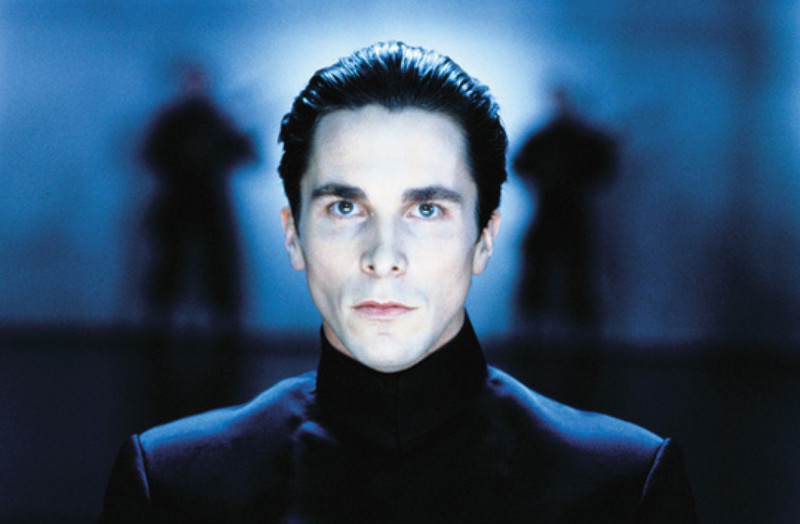
Best of luck! This can be the only thing that the studio executives and filmmakers want on their side – it can define an entire career. The sad but true fact of life is that hard work doesn’t guarantee success. Same goes with quality; a film created with the most profound vision can’t assure a good return – it is mostly to do with luck. A film like “The Fast and the Furious” can be a massive hit to reckon with, and a certain “Fight Club” – a film that was ahead of its time – may not do expected business.
But it is not luck that can be the excuse for all failures. Thoughtful analysis frequently shows that there is science behind these big box office blunders. Sometimes the reason lies in the sociological instability, sometimes in the mass psychology of a particular decade. There was also a massive scarcity of foresight. Studio executives released their films in a massively crowded market, only to the result of a divided box office.
Many were not so lucky; their films were completely vanished from the theaters within a week. John Carpenter once said about the reclaimed cult status of “The Thing,” “What good would it do it to me now?” With no way to better their initial reputation, we can only discuss with fellow cinephiles what could have been the outcome if people were a bit more intelligent. Without further ado, here are 10 good films released at the wrong time.
1. Watchmen
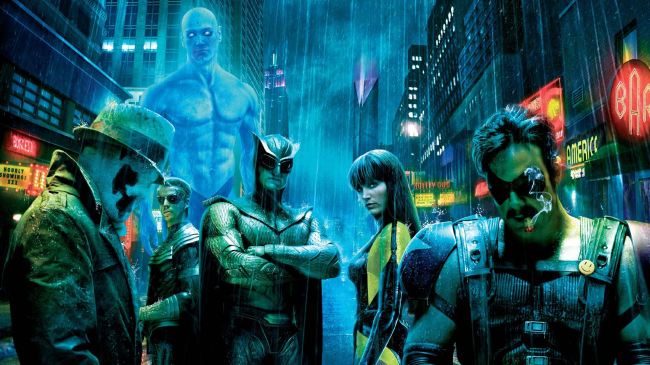
It is always a tough job to truly show the appreciation of the source material to its adaptation, and besides, “Watchmen” had larger enemies to battle at the time of its release. The world hadn’t seen many grimy, dark superhero films – other than the exception of “Unbreakable” which was underappreciated at that time – and the comic film rush hadn’t yet started.
Christopher Nolan had just started delving into superhero films with his first two Batman movies, which were box office hits, but Batman and Superman were loved by the masses and not as risqué a bet in the movies as a “Watchmen” film was. So, “Watchmen” missed that novelty factor that comes with any completely new creation or genre.
The best decision that the filmmakers made was not trying to literally translate the novel to the film. The graphic novel is still better than the film in many ways, but “Watchmen” had successfully shifted the major visions and themes from the graphic novel in its cinematic cousin. If not great, it was a good thematic remake of the novel.
Arguably, a film like “Watchmen” would have fared better if released in 2019. The political atmosphere is more relatable, the market is more open to experiments (the new “Joker” film is being massively praised) and there is more open space to breathe. People would surely love to watch a “Watchmen” vs. other superheroes or a new canonical war in the movies.
2. Brokeback Mountain
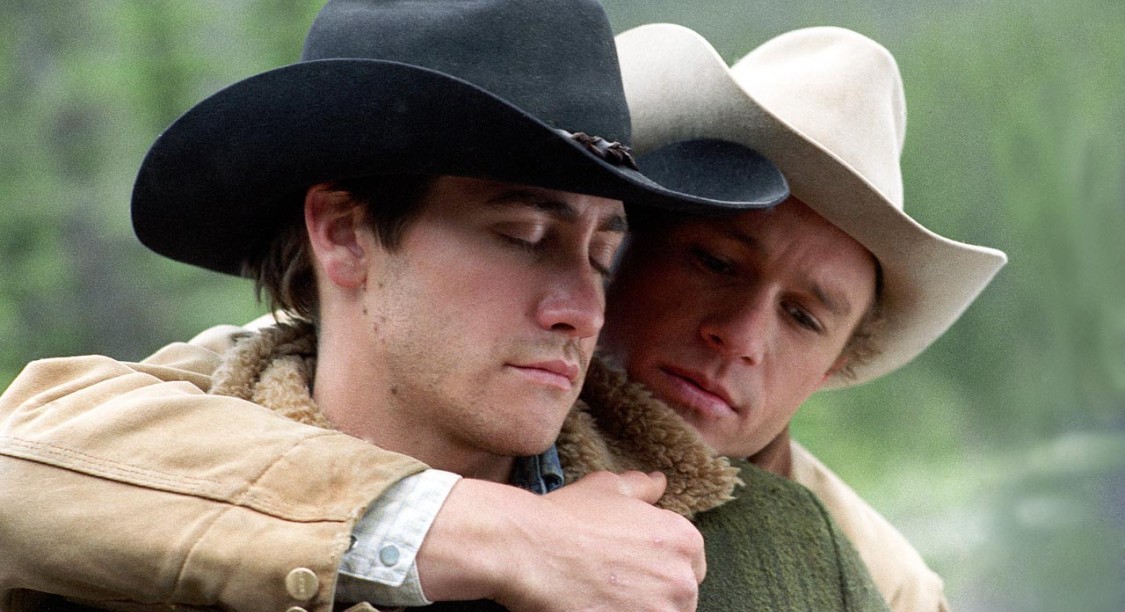
The world was simply not prepared to accept a film like “Brokeback Mountain” in 2005. It was a beautiful subversion of the typical homosexual film tropes; here, the characters are very masculine in their behavior and physicality, and doubtful in themselves to confide in their illegal affair.
The queer characters in earlier films were embraced by many people because they evoked and craved sympathy – in their rebellion against the society that they are different from the heterosexuals – but, here Ennis and Jack were very much the boys next door with no distinct characteristic that can justify their alternative sexual leaning. Moral guardians were concerned that films like these would pollute their pure ecosystem and provoke young people to sleep with someone of the same sex.
Being the social and political sympathizer that is the Academy, it refused to acknowledge “Brokeback Mountain” as the Best Picture of that year, which marks one of the biggest Oscar snubs in the new millennium. With the sudden but expected recent LGBT upheaval in all over the world and for the beautiful storyline and performances of “Brokeback Mountain,” it has now been claimed as one of the best films of the 21st century.
3. Master and Commander: The Far Side of the World
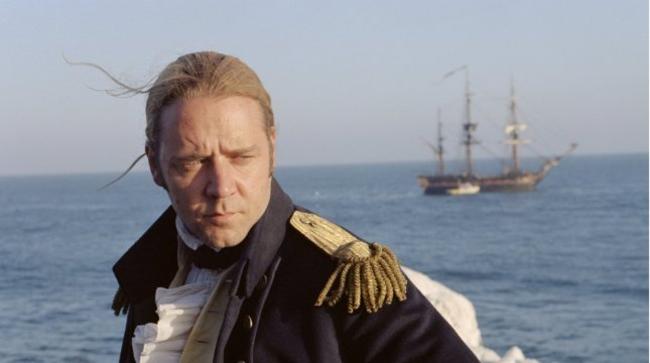
Sadly, not many people have watched “Master and Commander: The Far Side of the World” and those who had seen it couldn’t forget it. It was an utter failure from the studio executives to foresight the future of releasing “Master and Commander” in a crowded market, and the great war film suffered in that econometrical war.
“The Pirates of the Caribbean: The Curse of the Black Pearl” was in theatres and the “Return of the King” was just about to premiere. “Master and Commander” was more philosophical and somber in tone than the erratic Jack Sparrow fest and less of an attractive bargain than the already established and much-loved franchise film of “The Lord of the Rings” trilogy.
“Master and Commander” was a beautifully crafted war film with minute detailing from Peter Weir, and Russell Crowe was exceptional in his role of Captain Jack Aubrey. It also won Oscars for Best Cinematography and Best Sound Editing, trumping many heavyweights, but failed at the real exam, which was to draw enough crowds in the theatres.
4. The Thomas Crown Affair
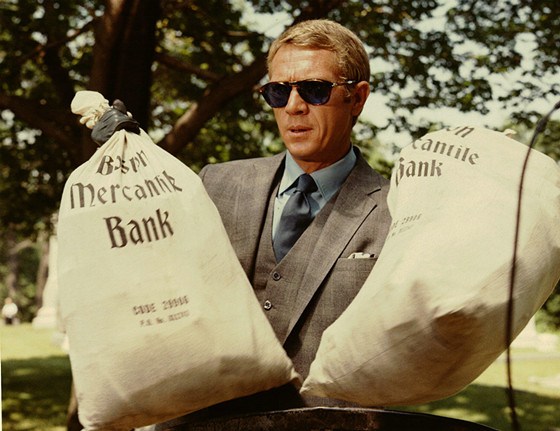
John McTiernan doesn’t have many competitors who can challenge him in terms of commercial action film sensibility, but this ‘90s release changed that. “The Thomas Crown Affair” can be placed along with his best-acknowledged works in his filmography, but it didn’t do well in the box office because of the release of an identical movie at the same time: “Entrapment.” The source material, or in this case, the script, was the same but tweaked at the last moment by the studio executives.
Apart from the war between the copycats, it was also a battle of two James Bond stars: Pierce Brosnan and Sean Connery. “Entrapment” was a terrible film with a small amount of chemistry that a film star and his 40-year-younger romantic interest deserves, but it laughed last. “The Thomas Crown Affair” was a far superior film with several legitimate entertaining scenes in it. But it unfairly drowned at the box office, proving that quality doesn’t always ensure success.
5. Red Dragon
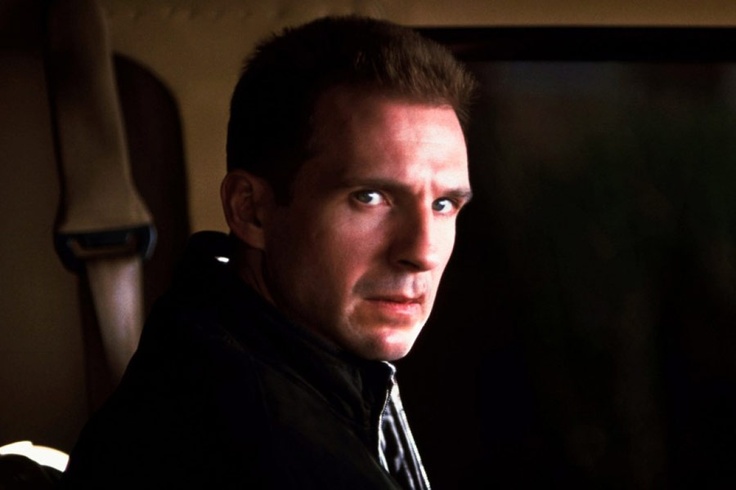
“Red Dragon” brought back the tense, gritty atmosphere of “The Silence of the Lambs,” but again, it was the victim of terrible timing. Back-to-back releases of two sequels is never a great idea and within a year’s gap of 2001, “Hannibal” and “Red Dragon” was released. People were already put off by the less than satisfying “Hannibal” and they didn’t queue up to watch another lukewarm film.
The small number of people who had watched it didn’t like the fact that Hannibal Lecter gets sidetracked in the film. But “Red Dragon” was more than that; it was a terrific character study and a worthy companion piece to “The Silence of the Lambs” – it is a big honor, nonetheless. We can’t change history, but it’s worth discussing that if placed at the correct position in the “Hannibal Lecter” canon and released at the right time, the fate of “Red Dragon” could have been drastically different.